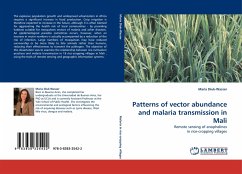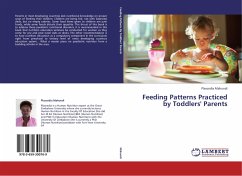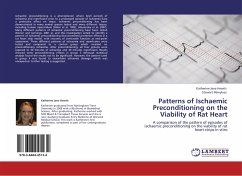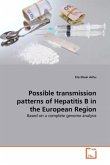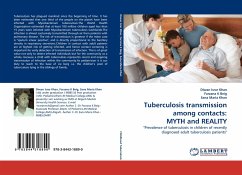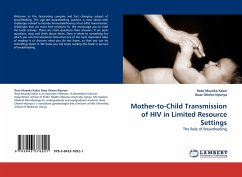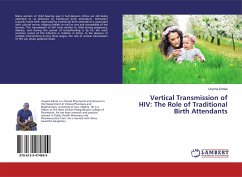The explosive population growth and widespread urbanization in Africa requires a significant increase in food production. Crop irrigation is therefore expected to increase in the future, although it is often blamed for aggravating the health risk of local communities - by providing habitats suitable for mosquitoes vectors of malaria and other diseases. An epidemiological paradox sometimes occurs, however, when an increase in vector numbers is actually accompanied by a reduction of the risk of infection. Large numbers of mosquitoes may have reduced survivorship or be more likely to bite animals rather than humans, reducing their effectiveness to transmit the pathogen. The objective of this dissertation was to examine the relationship between rice cultivation practices and malaria transmission in 18 rice-cropping villages in Mali , using the tools of remote sensing and geographic information systems.

